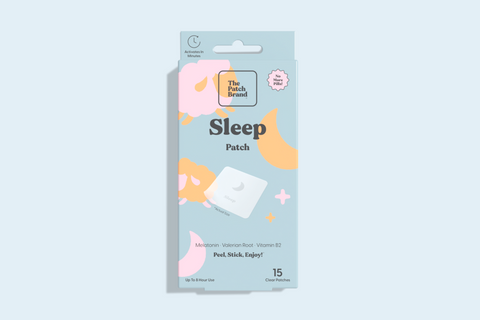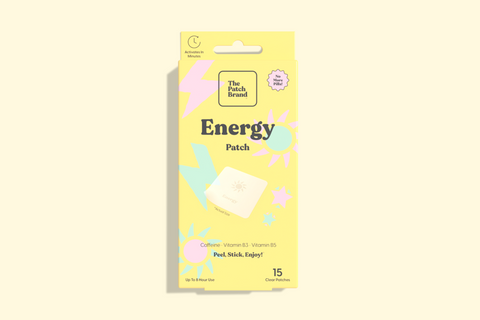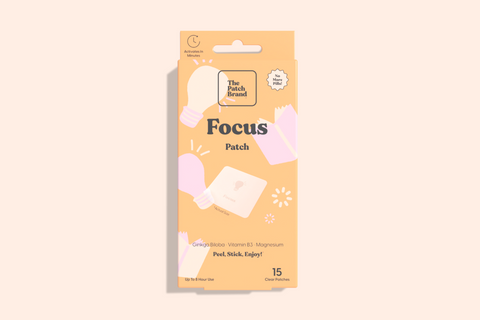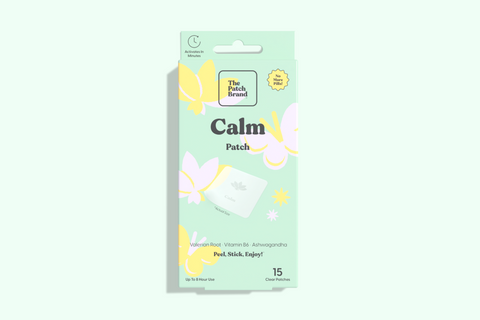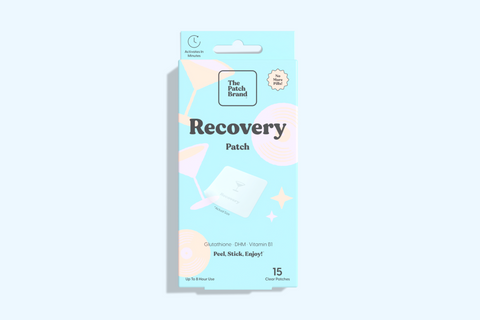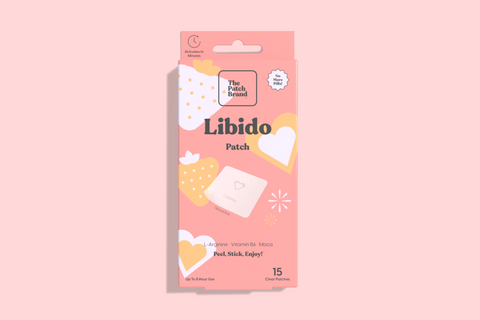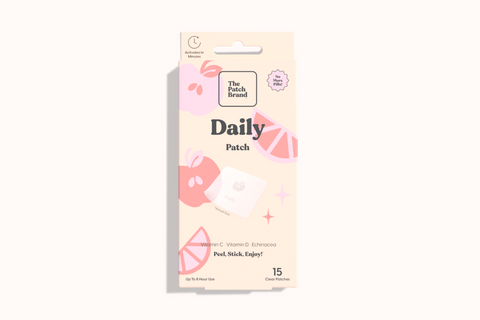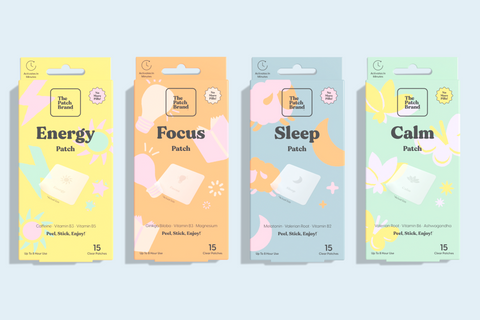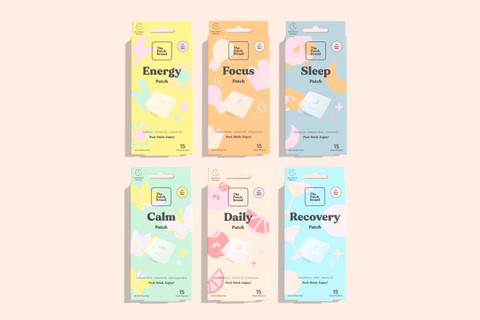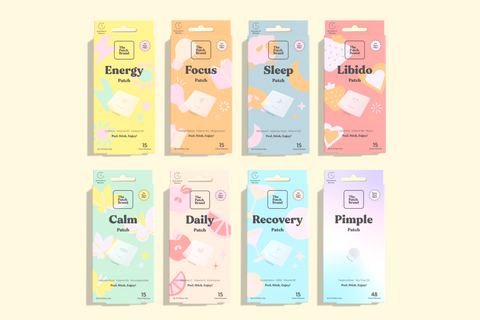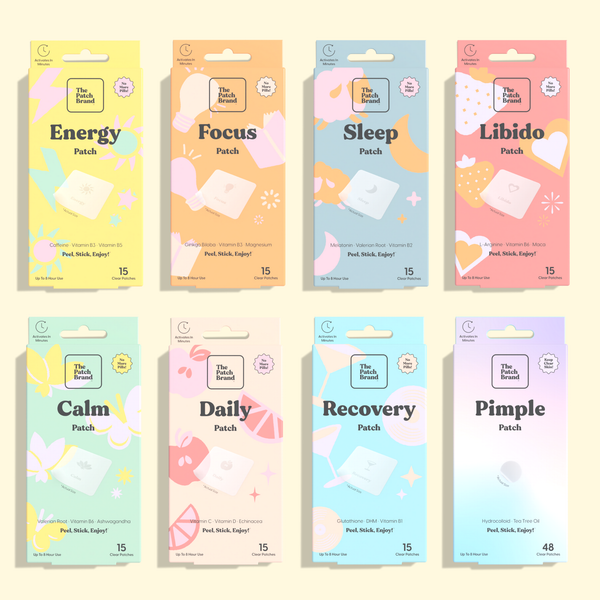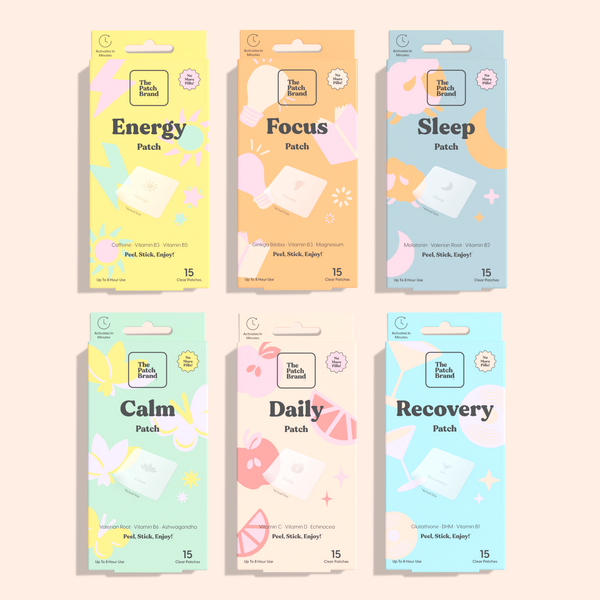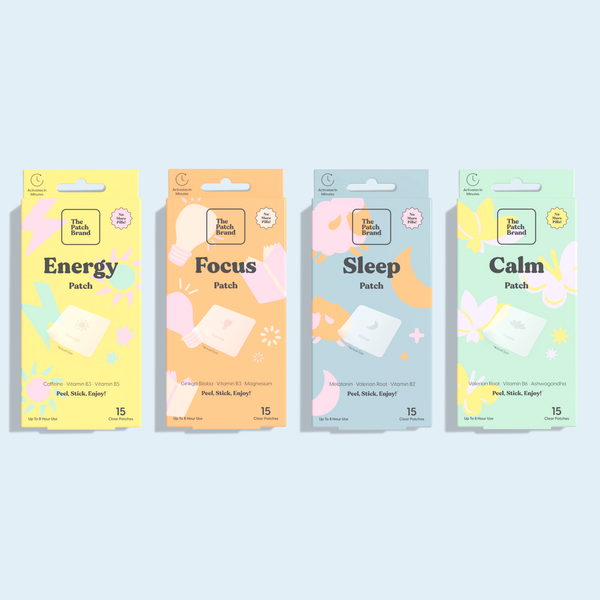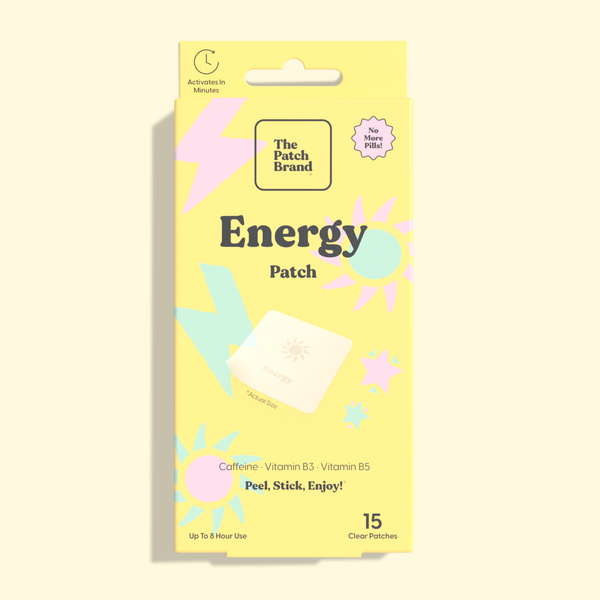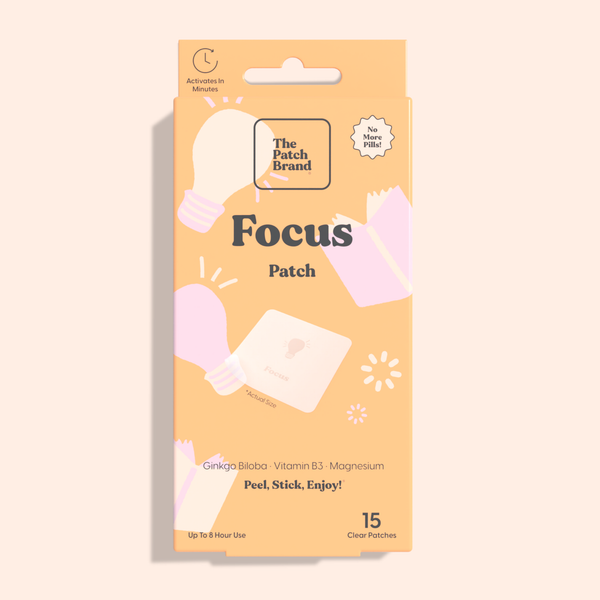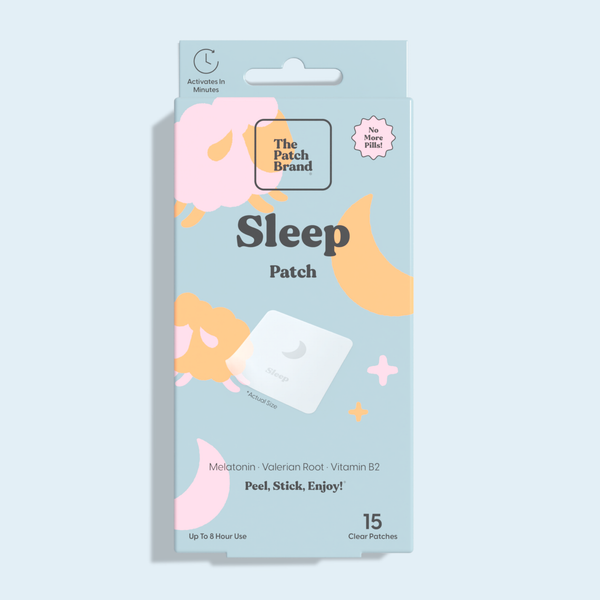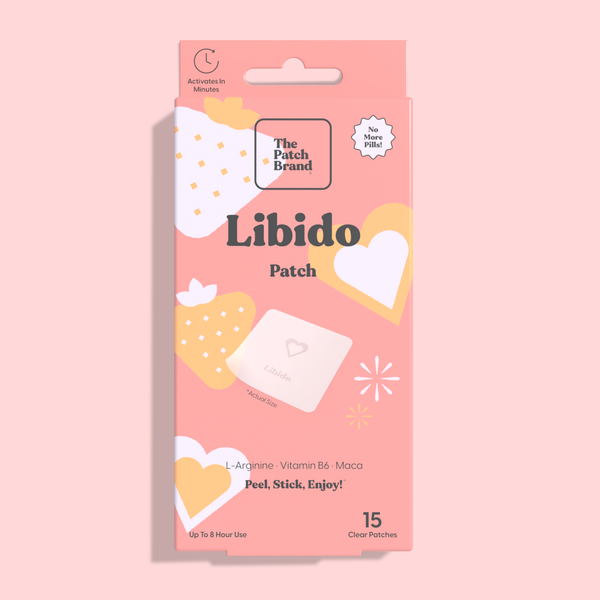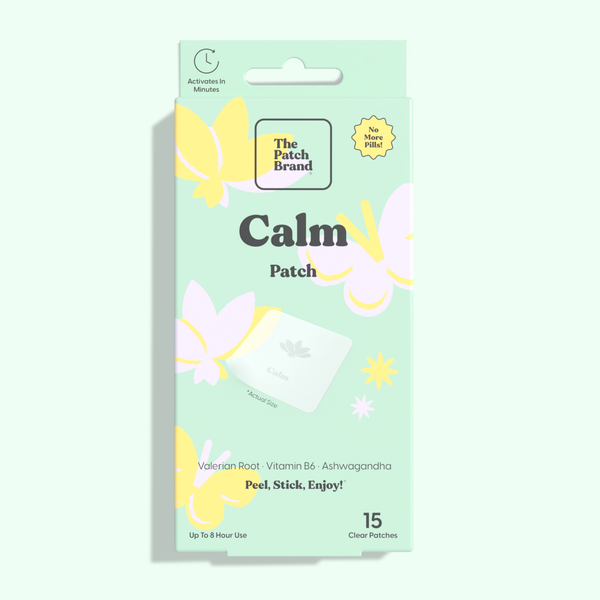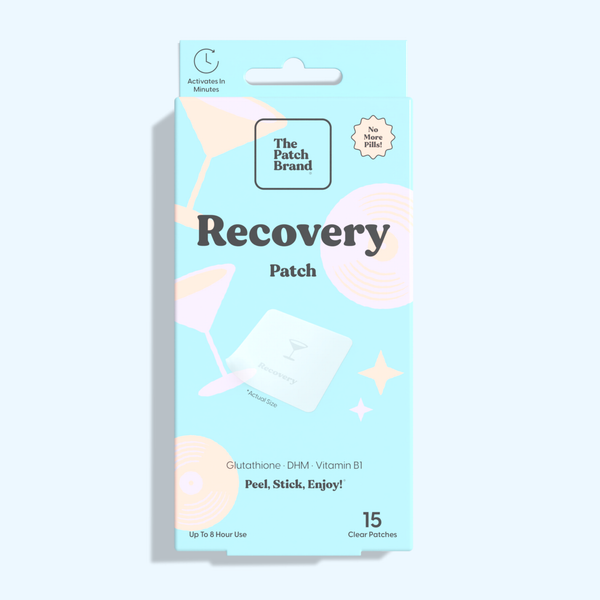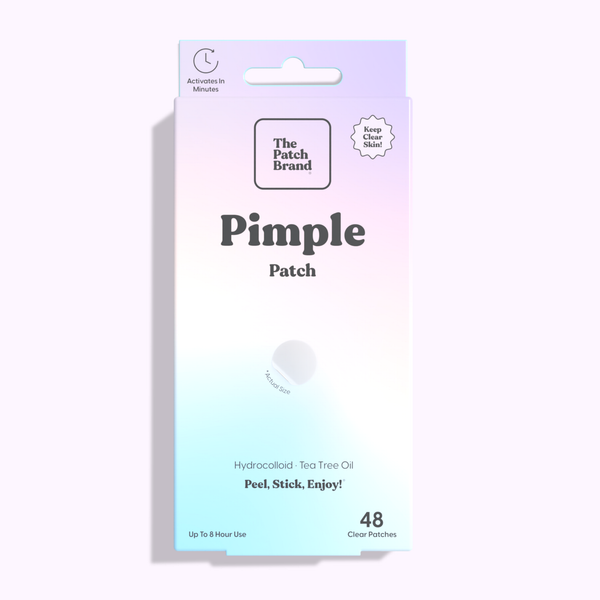Sleep plays an essential role in
maintaining good physical and mental health. However, many people experience difficulty falling asleep or staying asleep, leading to poor sleep quality. While there are various over-the-counter and prescription
sleep aids or
sleep vitamins available, some individuals prefer natural alternatives, such as
herbal remedies for sleep. These plant-based solutions may provide a more gentle approach, helping individuals get the rest they need without the risk of developing dependency or experiencing harmful side effects.

Valerian Root
How Valerian Root Can Improve Sleep
Valerian root can help improve sleep by affecting gamma-aminobutyric acid (GABA), a neurotransmitter that helps regulate nerve impulses. The valerenic acid found in valerian root inhibits the breakdown of GABA, leading to increased levels in the brain. This calming effect can help reduce anxiety and promote sleep. When used correctly, valerian root can help calm the nervous system and promote a peaceful night's sleep. Below is an in-depth look at how to utilize valerian root most effectively:
-
Form: Valerian root is available in various forms to suit different needs and preferences. For those seeking convenience and no taste, capsules are an excellent choice. They offer a straightforward method of ingestion without the herbal bitterness. Tea, on the other hand, is perfect for those who prefer a relaxing bedtime ritual. Preparing and sipping valerian root tea can itself be a calming activity, setting the stage for sleep. Tinctures, which are concentrated liquid extracts, provide versatility and potent effects. They can be easily added to water or other drinks and are especially suitable for those requiring adjustable dosages. Selecting the right form involves considering how easily it fits into your nightly routine and personal taste preferences.
-
Dosage: The effectiveness of valerian root can depend heavily on the correct dosage, which typically ranges from 300 to 600 milligrams. Beginners should start at the lower end to measure their body's reaction to the herb. Depending on the results, the dosage can be adjusted gradually. It is crucial to avoid excessive intake, as too much valerian root can cause side effects such as grogginess or a hangover feeling the next day. Finding the optimal dosage is a balance between sufficient potency to induce sleep and minimizing potential adverse effects, tailoring it to individual tolerance and sleep challenges.
-
Timing: To maximize the sleep-inducing benefits of valerian root, timing the intake is key. It is most effective when taken 30 minutes to 2 hours before bedtime. This timing allows the body to process the herb fully, enabling the sedative properties to kick in just as you're getting ready to sleep. Consistently incorporating valerian root into your nighttime routine can also aid in regulating your circadian rhythm, thereby improving overall sleep quality over time. The consistency and timing of valerian root consumption are critical factors in achieving the best possible results.
Understanding how to use valerian root effectively involves choosing the right form, determining the proper dosage, and timing the intake to align with your sleep schedule. These steps can help harness the full potential of valerian root as a natural remedy for sleep disturbances, making it a valuable addition to your nightly routine.

Chamomile
How Chamomile Can Improve Sleep
Chamomile contains a flavonoid called apigenin, which binds to GABA receptors in the brain, inducing a sedative effect. Drinking chamomile tea before bedtime can help ease anxiety and promote relaxation, making it easier to fall asleep. To use chamomile as a sleep aid, steep one heaping teaspoon of dried chamomile flowers in hot water for 5-10 minutes. Drink the tea about 30 minutes before bedtime for the best results.
Potential Side Effects and Precautions
It is a popular herb renowned for its calming effects and is often used in various forms such as teas and topical applications. However, it's important to consider that while chamomile can be beneficial for many, it can also pose risks for others. Below are the considerations for specific groups who may need to approach the use of chamomile with caution:
-
Allergic Reactions: Chamomile is a member of the Asteraceae plant family, which also includes known allergens such as ragweed, marigolds, and chrysanthemums. Because of this family connection, individuals who are allergic to these plants may also be allergic to chamomile. Allergic reactions can vary widely but typically include symptoms like sneezing, itchy eyes, and skin rashes. In severe cases, exposure to chamomile can lead to anaphylaxis, a potentially life-threatening condition. Therefore, those with known allergies to related plants are advised to conduct a patch test or consult with an allergist before incorporating chamomile into their routine.
-
Pregnancy Concerns: Certain compounds found in chamomile might trigger contractions, posing a risk of premature labor or miscarriage. Additionally, chamomile's anticoagulant properties could complicate childbirth by increasing the likelihood of excessive bleeding. Consequently, pregnant women must discuss any use of chamomile with their healthcare provider to avoid any adverse effects on their pregnancy and the health of their baby.
-
Medical Conditions and Medications: Chamomile can interact with various medications and may exacerbate certain medical conditions. Particularly, individuals on blood thinners, sedatives, or medications affecting liver metabolism should use chamomile with caution. Moreover, those with hormone-sensitive conditions such as certain cancers or bleeding disorders may find that chamomile aggravates their symptoms. It is essential for anyone with pre-existing health issues or those undergoing medication therapy to consult their healthcare provider to ensure that chamomile use will not interfere with their health regimen or exacerbate their condition.
Understanding the specific risks associated with chamomile is crucial for safely incorporating this herb into one's health routine. It is always best to proceed with caution and seek professional advice when considering the use of herbal remedies like chamomile, especially for those in vulnerable groups or with existing health conditions.

Passionflower
How Passionflower Can Improve Sleep
Passionflower is thought to work by reducing anxiety and stress, which can interfere with sleep. It contains harmala alkaloids and flavonoids that are believed to have calming effects on the central nervous system, making it easier to relax and fall asleep. To use passionflower as a sleep aid, take 400-500 mg of passionflower extract 30 minutes to an hour before bedtime. You can also consume passionflower tea or tinctures.

Lavender
How Lavender Can Improve Sleep
Lavender is renowned not only for its delightful fragrance but also for its extensive range of health benefits, particularly its ability to enhance sleep quality. The plant's essential oil contains compounds like linalool and linalyl acetate, which have been scientifically shown to have sedative effects. These natural components help to slow down the nervous system, reduce anxiety, and facilitate a deeper state of relaxation. When lavender's aroma is inhaled, it interacts with the limbic system, the part of the brain responsible for emotions and memories, promoting feelings of calm and serenity. This makes lavender particularly effective for those struggling with sleep disturbances due to stress or anxiety.
Beyond inhalation, lavender can be integrated into your bedtime routine in various other ways to harness its sleep-promoting properties. Applying lavender oil topically as part of a massage can enhance physical relaxation, easing muscle tensions that might inhibit sleep. Moreover, incorporating lavender into bath salts or bath bombs for a warm, relaxing bath before bedtime can significantly improve sleep onset latency, the time it takes to transition from full wakefulness to sleep.
Potential Side Effects and Precautions
It is generally considered safe for most people when used appropriately. However, some individuals may experience skin irritation or allergic reactions when using lavender essential oil. It's essential to dilute the oil properly and perform a patch test before applying it to the skin.

Lemon Balm
How Lemon Balm Can Improve Sleep
A member of the mint family, it has long been cherished for its soothing properties and is increasingly recognized for its potential to manage stress and enhance sleep. This herb acts primarily by influencing GABA receptors in the brain, which are responsible for signaling the nervous system to reduce activity levels, promoting a sense of calm. By increasing GABA transmission, lemon balm helps mitigate the symptoms of anxiety and stress, conditions that often interfere with normal sleep patterns. The calming effect of lemon balm makes it a popular choice in herbal teas and supplements designed to relax the body and prepare it for sleep.
The versatility of lemon balm extends beyond its use as a tea. It is also available in various forms such as capsules, extracts, and oils, each offering unique benefits. For instance, lemon balm essential oil can be used in aromatherapy practices; its mild, lemony scent provides a relaxing atmosphere in the home, making it conducive to sleep. Furthermore, when applied topically, compounds in the oil can have a cooling and calming effect on the skin, which enhances physical relaxation. To use lemon balm as a sleep aid, take 300-600 mg of a standardized lemon balm extract, 30 minutes to an hour before bedtime. You can also prepare lemon balm tea by steeping two teaspoons of dried lemon balm leaves in hot water for 5-10 minutes.

Hops
How Hops Can Improve Sleep
Hops, a key ingredient traditionally used in brewing beer, also plays a significant role in herbal medicine due to their sedative properties. The compound 2-methyl-3-buten-2-ol found in hops is particularly effective in influencing sleep patterns. This compound helps to stimulate the production of melatonin, a hormone that the pineal gland in the brain secretes in response to darkness, helping to regulate the sleep-wake cycle. By naturally boosting melatonin levels, hops help signal to the body that it is time to sleep, thus aiding in the transition to rest. Consuming hops in the form of supplements, teas, or
sleep vitamin patches can help improve sleep quality.
To use hops as a sleep aid, consume 200-300 mg of hops extract, 30 minutes to an hour before bedtime. You can also prepare hops tea by steeping one teaspoon of dried hops in hot water for 5-10 minutes. Alternatively, you may
consider using sleep vitamin patches or
melatonin patches that include hops as one of their ingredients.
Potential Side Effects and Precautions
Despite their widespread use and benefits, hops can cause mild side effects in some individuals. The most common of these side effects is drowsiness, which, while often a desired effect in the context of using hops for sleep aid, can be inconvenient during daytime activities or for those needing to maintain high levels of alertness. Additionally, some people may experience headaches or gastrointestinal disturbances such as upset stomach, which are typically mild but can cause discomfort and detract from the overall benefits of using hops. To safely incorporate hops into a health regimen, it is recommended to start with lower doses and gradually increase to assess tolerance.
Incorporating herbal remedies for sleep into your routine can provide a more natural approach to improving sleep quality. It's essential to consider a holistic approach to sleep improvement, focusing on stress management, relaxation techniques, and maintaining a consistent sleep schedule. While these herbal remedies may be helpful, it's crucial to personalize your approach to your specific needs and preferences. There are also other options you can choose from to aid you in your sleep, such as a
melatonin patch. Before incorporating any herbal remedy into your routine, consult a healthcare professional to ensure its safety and compatibility with your unique situation. With the right combination of natural sleep aids and lifestyle changes, you can achieve better sleep and improve your overall health and well-being.






